It has become a near classic question: what funds for Hungary are still blocked by the European Union?
In fact, three operational programs are currently suspended following a decision by the Council last December. These are Top plus, the 2021-27 part of the Operational Program for Territorial and Settlement Development, Kehop plus, the 2021-27 part of the Operational Program for the Environment and Energy Efficiency, and Ikop plus, 55 per cent of the 2021-27 part of the Operational Program for Transport. Of these three operational programs, 45 percent is already accessible, while 55 percent was suspended by the Council last December until further decision or consideration.
What additional conditions has the European Commission set for the release of these funds?
The rule of law procedure against Hungary, which was launched in April 2022, after the parliamentary elections, should be closed. However, for political reasons, there is little chance of this happening, as the European Council would then have to admit that Hungary fully meets all the requirements and that neither the Commission nor the member states have any reservations concerning Hungary. We can see that this procedure is being carried on for political reasons, but we will nevertheless continue to negotiate, because we have still not received a large proportion of the EU funds that Hungary is rightfully entitled to. Therefore we must get the ratio of suspended funds reduced as quickly as possible, so that a growing part of the funds in the operational programs is unlocked. The closing of and financial reporting on EU projects funded in the 2014-2020 period is underway, and so far Hungary has used 95 percent of the allocated funds. I think this is very important because Hungary is in the lead in the EU in this respect. All in all, Hungary implemented around 52,000 projects drawing on EU money in the 2014-2020 period, implying that we are making good use of the resources we are entitled to.
In the context of EU funds, the financial implications of Ukraine's possible EU accession have repeatedly come up recently. What financial burden would this entail for Hungary?
This hasn't yet been calculated fully. However, the structure for Ukraine's eventual accession to take place is another important question. Can I give an example? It is quite likely that a significant portion of both agricultural subsidies and cohesion funds would go to Ukraine, since the country has very low development indicators in this area. Thus, if the European Union budget were to be allocated according to the current principles, Ukraine, along with Moldova, would take the vast majority of the currently available funds, several thousand billion euros. This is also why we believe that Ukraine's accession is premature.
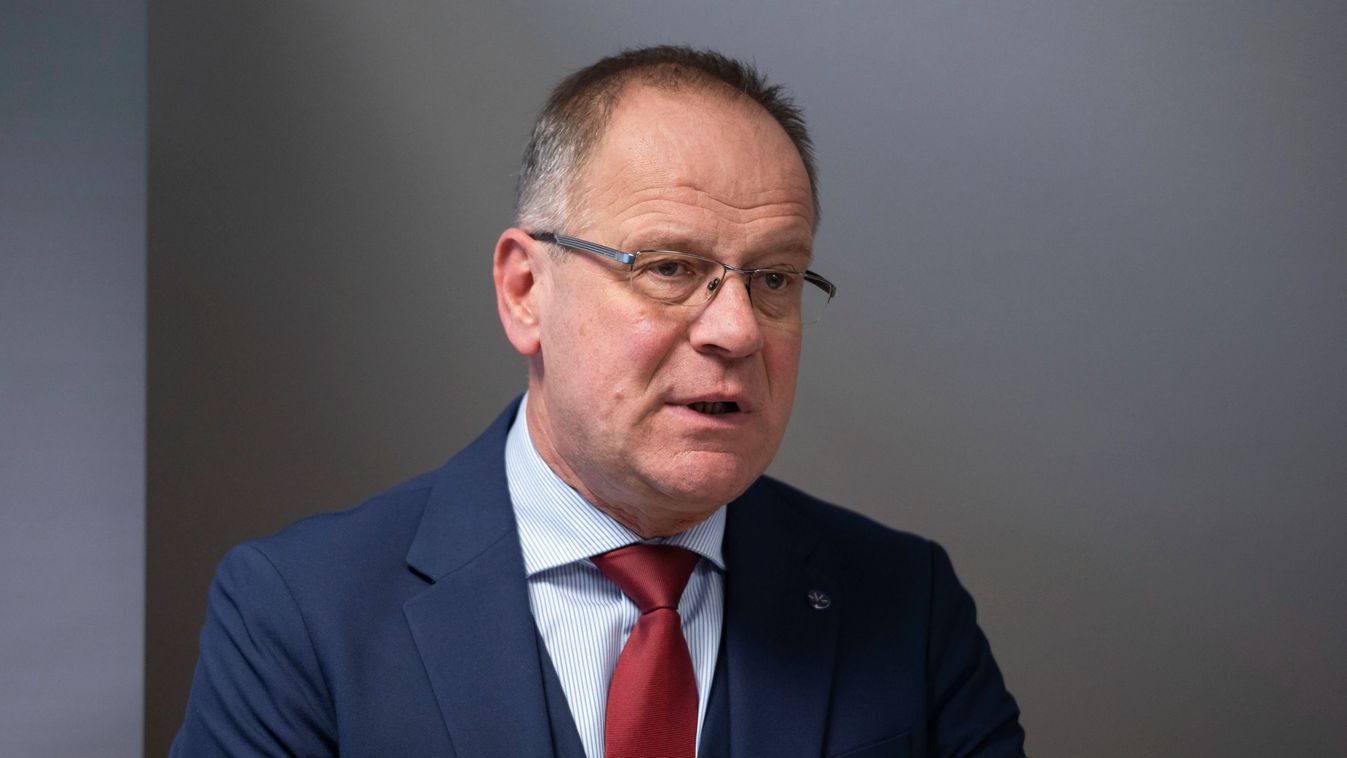
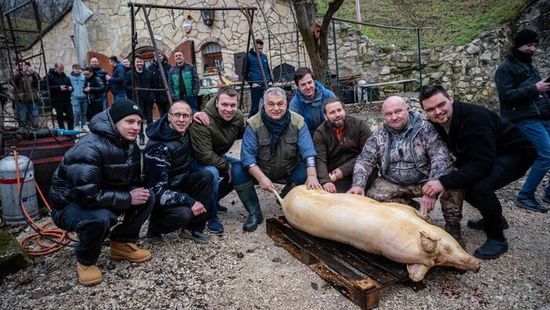
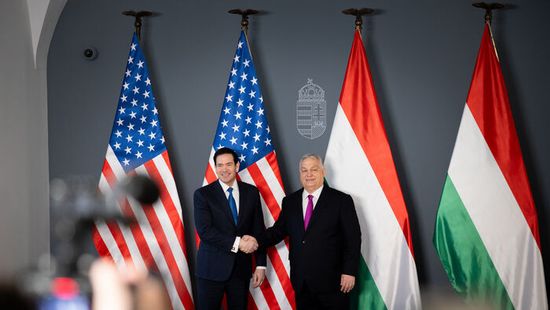
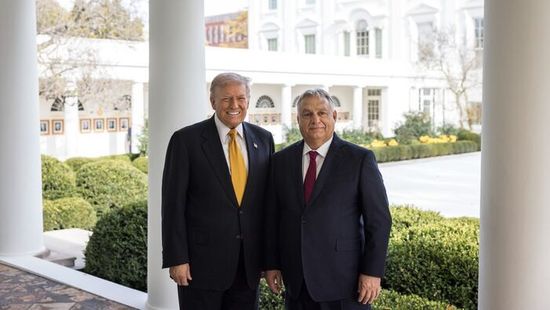
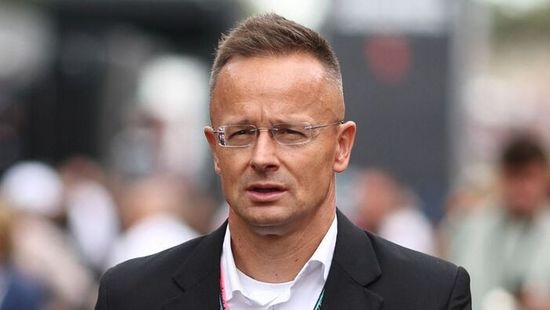

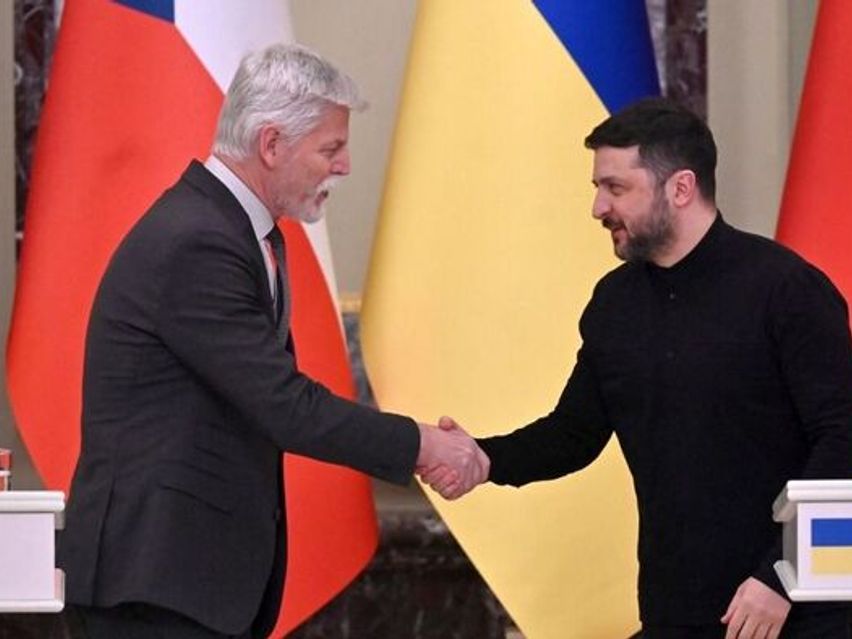
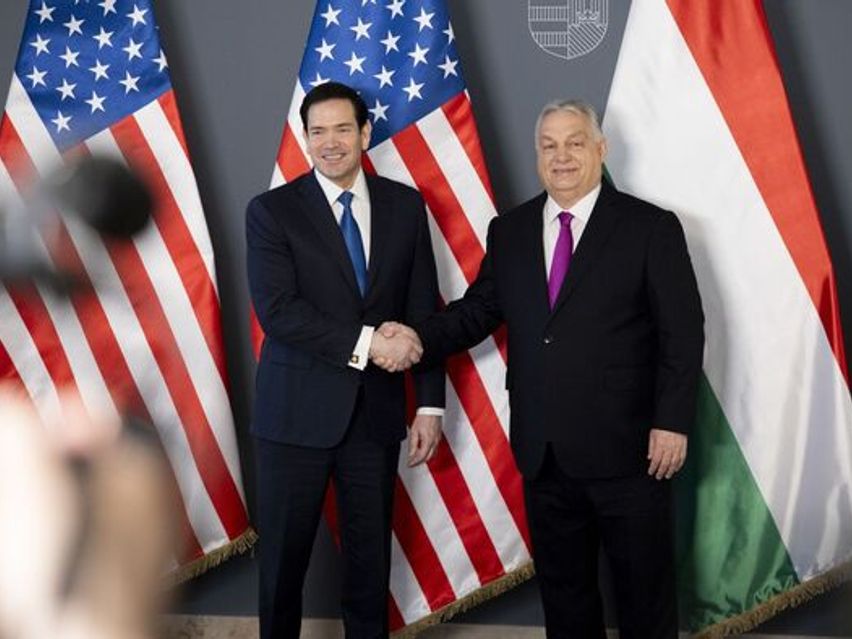
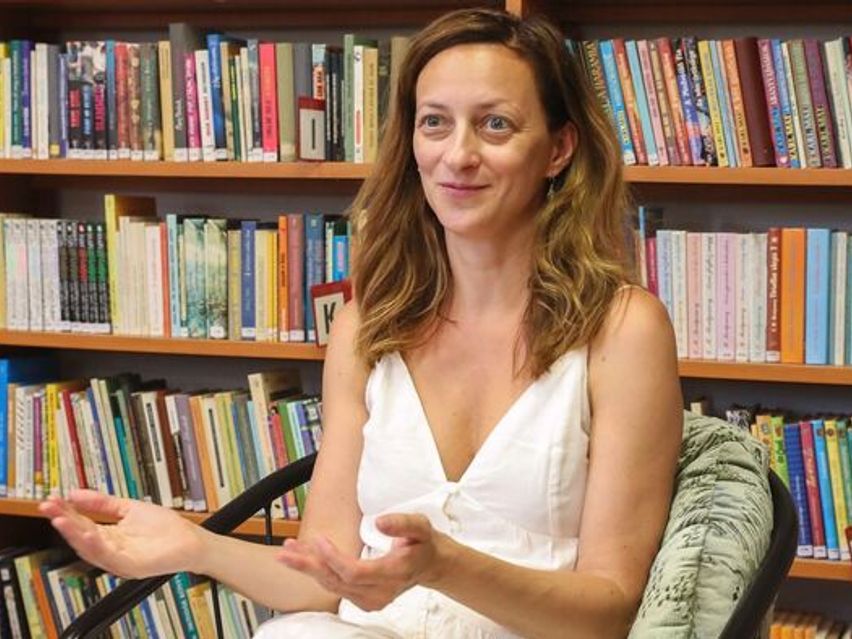
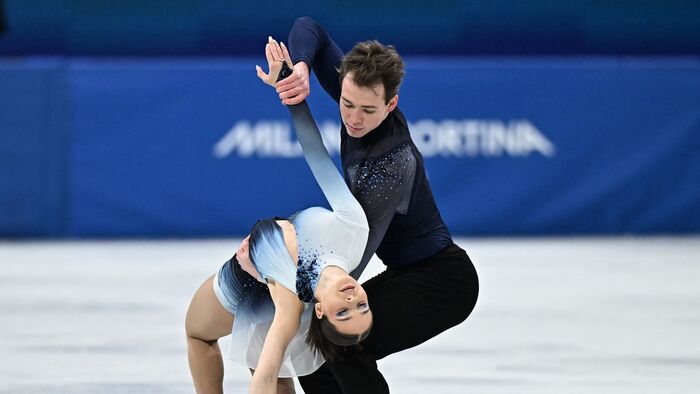

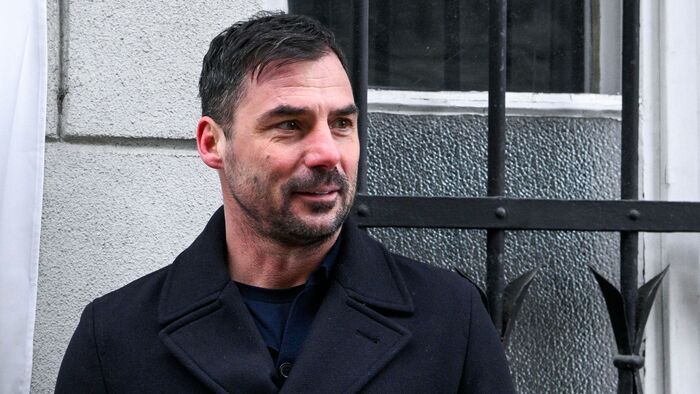

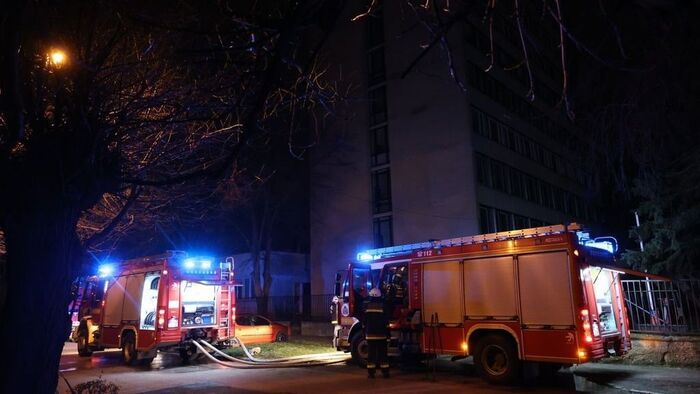

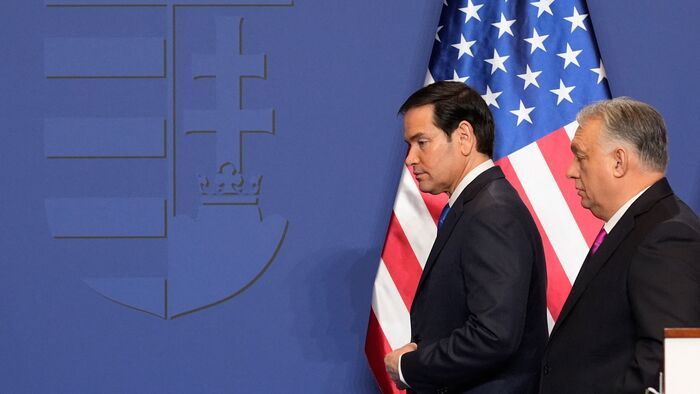
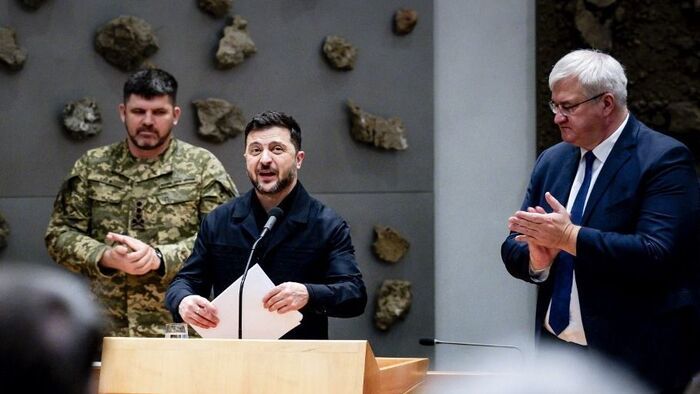
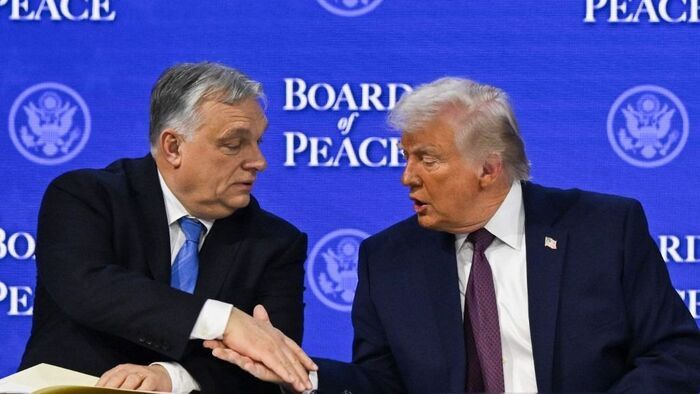

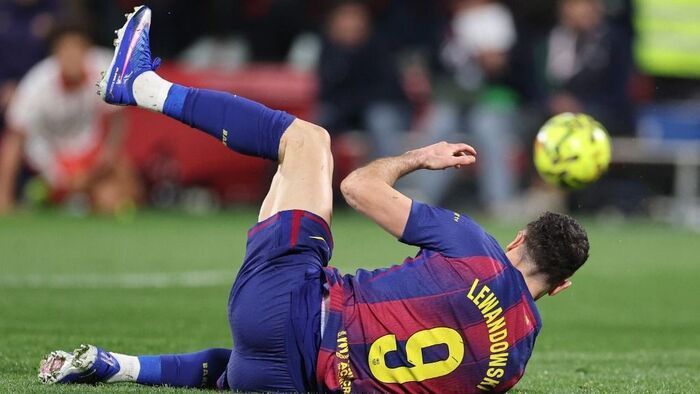
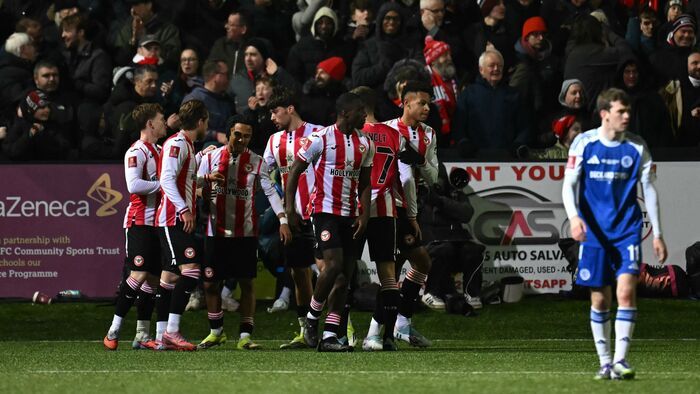
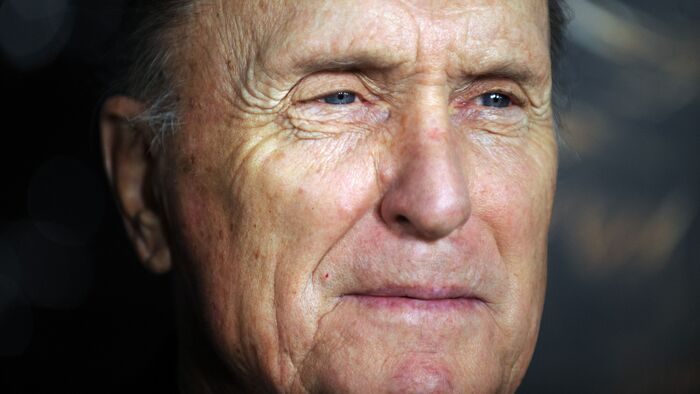

Szóljon hozzá!
Jelenleg csak a hozzászólások egy kis részét látja. Hozzászóláshoz és a további kommentek megtekintéséhez lépjen be, vagy regisztráljon!